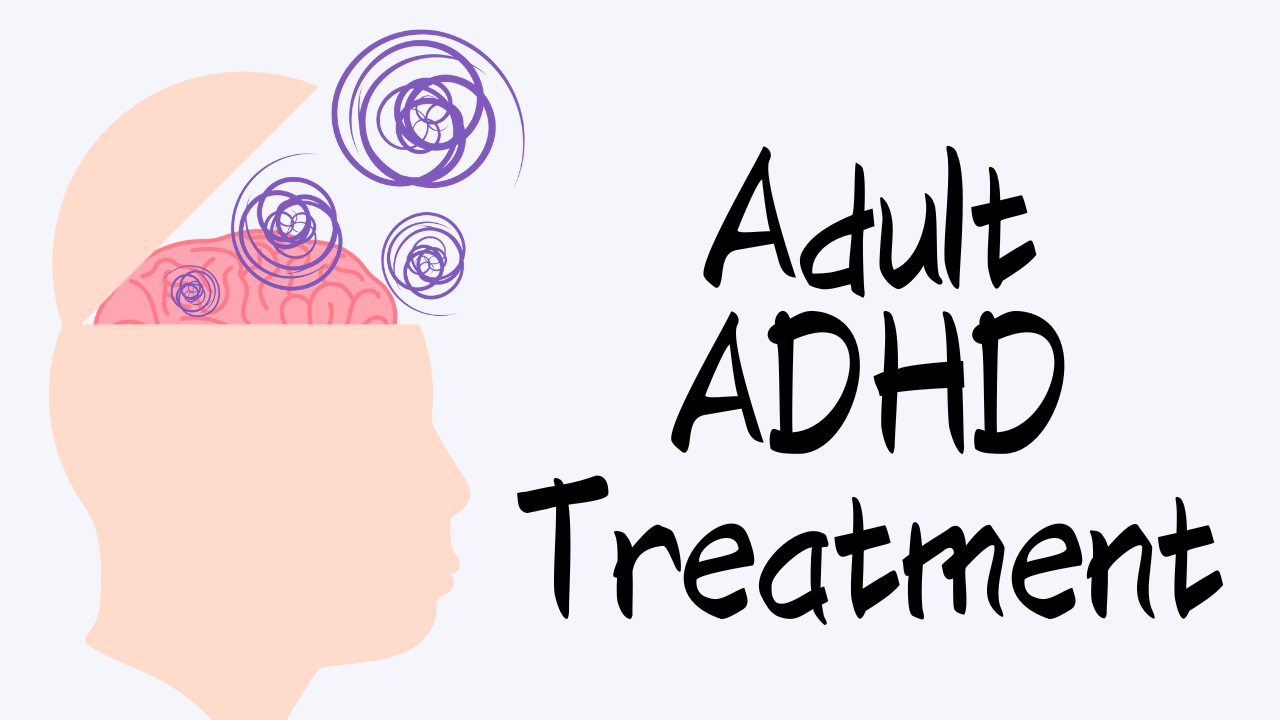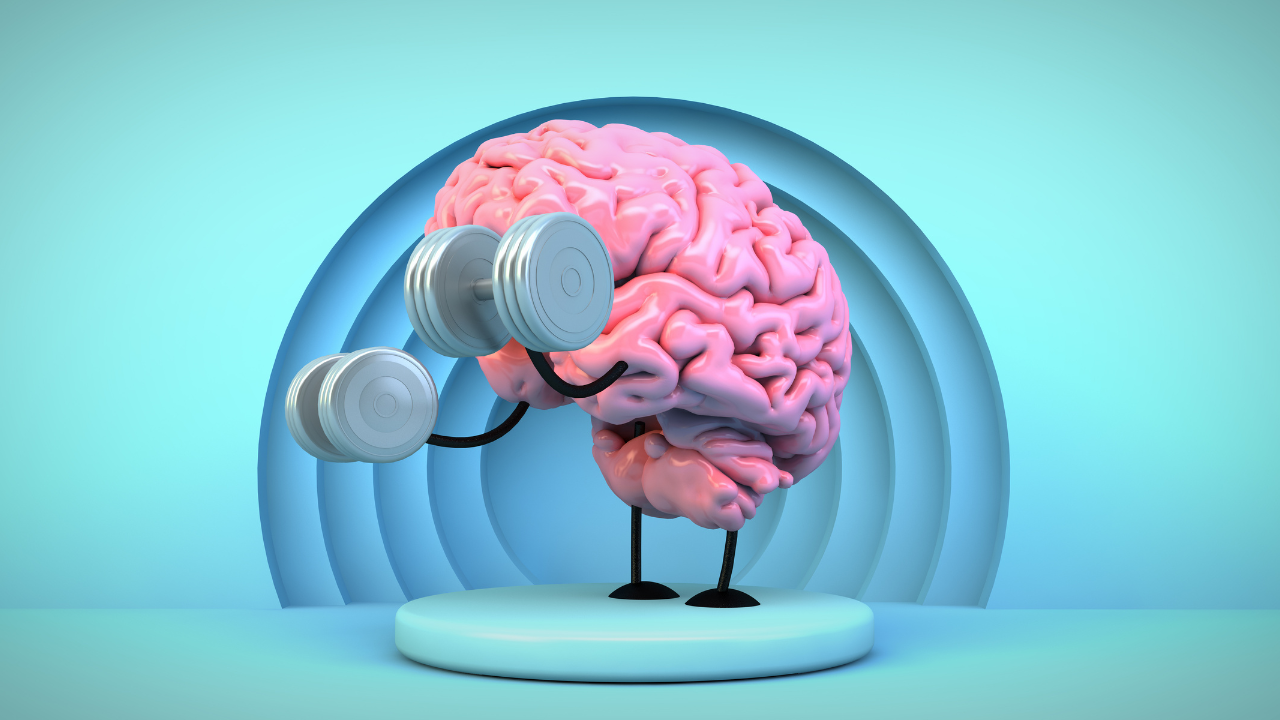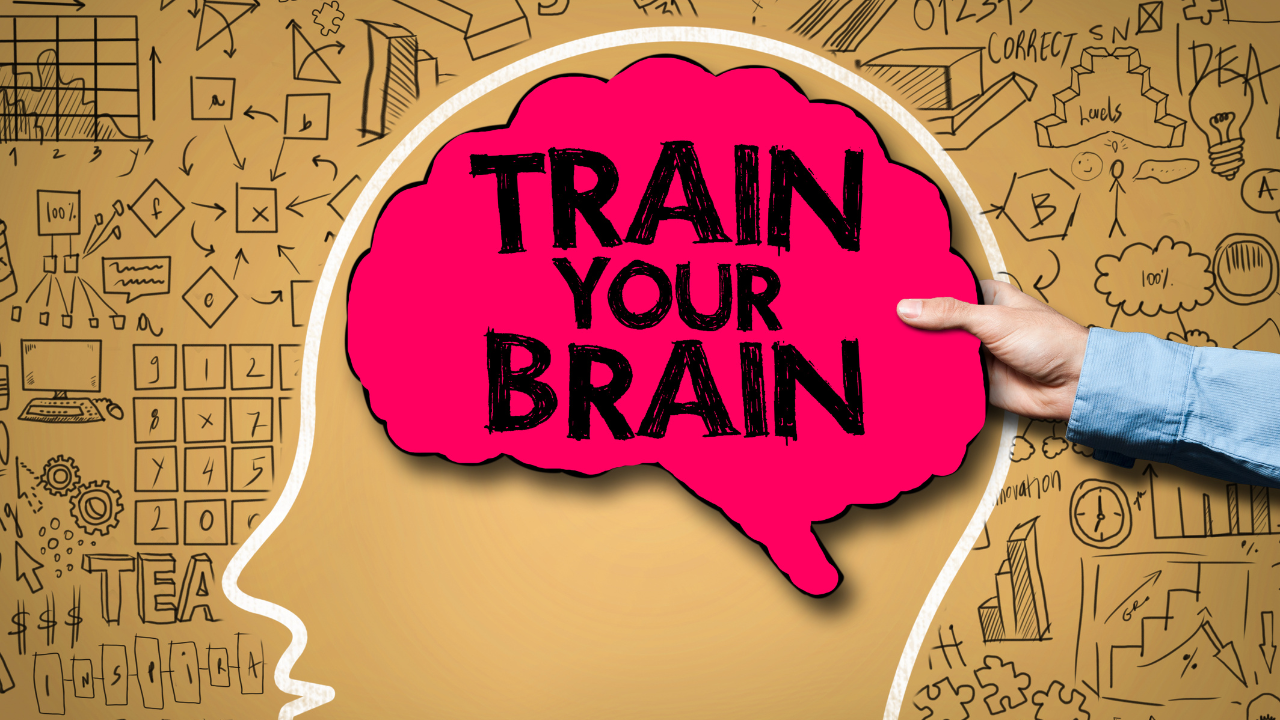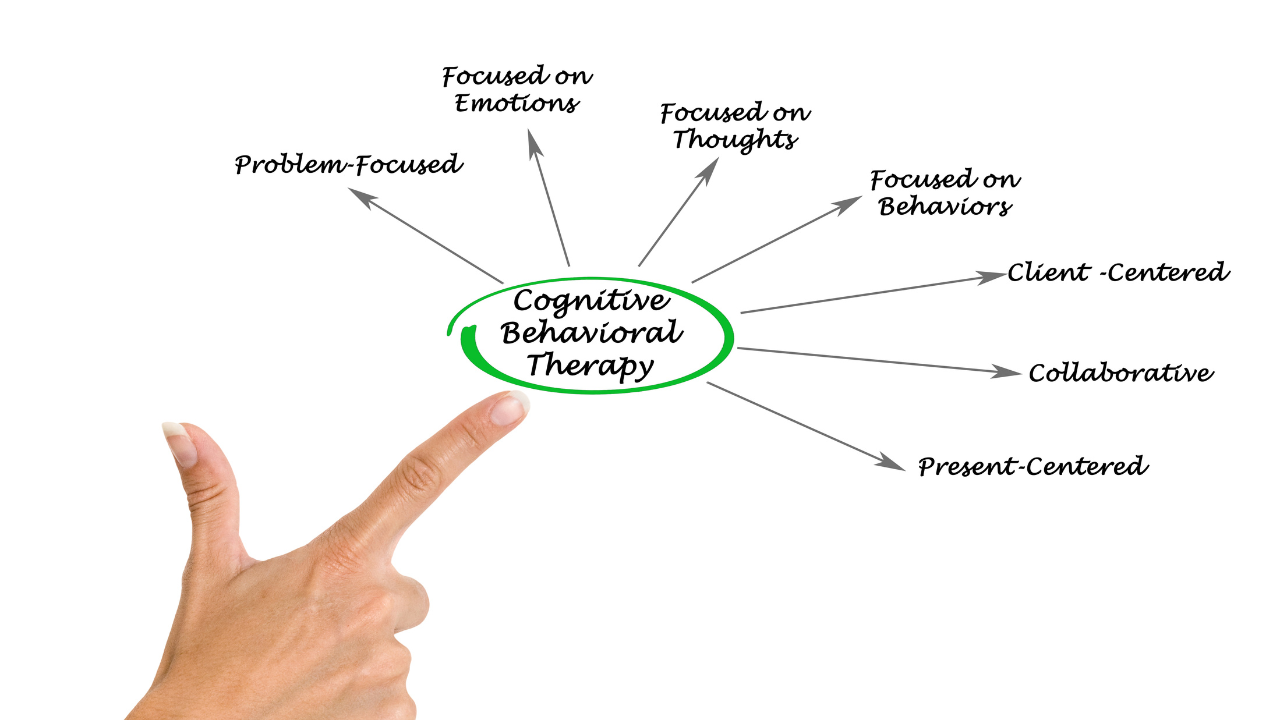Adult ADHD Treatment - Managing ADHD in Adults

Attention deficit hyperactivity disorder (ADHD) is often perceived as just affecting children, but for many it persists into adulthood. The estimated prevalence of adult ADHD is around 4.4% worldwide. Managing this chronic condition poses unique challenges for adults, impacting relationships, work or education, organization, emotions, and more.
While there is no outright “cure” for adult ADHD, the good news is that a range of medication and non-medication treatment options now exist to effectively minimize symptoms and support positive life outcomes. Treatments require commitment and consistency over time, but equip individuals with long-term skills for success while retaining their unique strengths and personality.
Experts emphasize that comprehensive treatment drawing on multiple modalities tailored to the patient’s needs and lifestyle tends to yield the best results. The right plan helps adults with ADHD thrive while remaining their vibrant, creative selves.
Medication as a Tool, Not a Cure
Stimulant medications like Adderall, Ritalin, Vyvanse, and Concerta are commonly associated with ADHD treatment. These drugs block reuptake of neurotransmitters dopamine and norepinephrine in the brain, boosting availability temporarily to improve concentration and focus.
Medication can provide rapid relief for many adults with ADHD and serves as an important treatment tool. However, it does come with side effects and does not teach compensatory skills. Medication works best when combined with other lasting lifestyle adaptations. Additionally, around 30% of those with ADHD see limited benefit from medication alone.Working closely with a knowledgeable prescriber is key to finding the optimal medication type, dosage, timing and delivery method (extended release, etc.) for an individual’s physiology and needs. Treatment should start low and slow. Patience may be needed when first trialing drugs to allow side effects to stabilize.
Medication for ADHD does not change personality or creativity when used properly. The goal is not to turn driven “dreamers” into drone worker bees! Rather, it simply levels the playing field so those who thrive on nonlinear thinking can find focus when they choose.
Exercise and ADHD: A Natural Treatment
Perhaps the most universal non-drug intervention for better brain functioning is regular exercise. The benefits of incorporating physical activity extend far beyond physical fitness alone.

Aerobic activity like jogging, swimming, cycling, and dance/active sports reliably improves concentration, motivation, memory, and mood by increasing blood flow and releasing neurotransmitters like serotonin and dopamine. In essence it works via similar pathways to ADHD medications but without side effects. Starting exercise even has a rapidly noticeable impact on ADHD symptoms comparable to taking stimulants.
Working out is especially vital for those with ADHD because it channels excess physical energy and restless tendencies into productive output. Releasing “fidgety” energy allows better mind-body relaxation during downtime. The key is choosing enjoyable activities that match interests and functional capacity so motivation stays high.
Consistent exercise empowers achieving peak mental and physical states. But starting by just getting outside and moving for even 10-15 minutes daily can make a tremendous difference. Move a little, then focus a little better!
Optimizing Sleep for Adult ADHD Management
Sleep difficulties are yet another common comorbidity for adults with untreated ADHD. The symptoms of inattention, hyperactivity, restlessness, and trouble quieting the mind understandably wreak havoc on getting adequate sleep. Up to 70% of adults with ADHD experience some degree of insomnia. In return, poor sleep dramatically exacerbates ADHD symptoms and hurts daytime functioning.

Getting on a regular sleep-wake cycle is essential, but often easier said than done. The key steps include:
- Following a consistent pre-bedtime routine
- Removing electronics/screens from the bedroom
- Avoiding overstimulation too close to bedtime
- Managing stress and worries before lights out
- Tracking sleep data and experimenting with what works best for your body
- Asking your doctor about supplemental melatonin or magnesium if needed
Establishing healthy sleep hygiene takes some trial and error. But the impact of even one extra hour of sleep on mental clarity and coping with ADHD is astounding. Make sleep a priority!
Nutrition-Based Strategies for ADHD Symptoms
The interplay between diet and ADHD is complex, but nutrition does significantly impact symptoms. An overall healthy diet benefits both mind and body. Those with ADHD specifically need steady energy and blood sugar levels to maintain alert focus throughout demanding work or school days.
Eating more vegetables, fruits and lean proteins while limiting refined sugar, unhealthy fats and chemical additives already helps many people minimize ADHD episodes. But targeted nutrition approaches offer further possibilities for feeling centered, calm and dialed-in.
Key evidence-based dietary recommendations include:
- Eating enough zinc, iron, magnesium and omega-3 fatty acids
- Scheduling 3 balanced meals and 2-3 small snacks daily
- Choosing gut-healthy fermented foods like yogurt, kefir and sauerkraut
- Prioritizing antioxidant-rich berries, leafy greens and non-starchy veggies
- Eliminating common trigger items like excess sugar, caffeine and junk food
- Staying hydrated and avoiding energy drink crashes
Paying attention to how specific ingredients affect your unique mind and body goes a long way. An elimination diet could pinpoint problematic items. Consulting a nutrition-oriented provider allows developing a custom eating plan catered to your needs and lifestyle.
Mind-Body Modalities for ADHD Support
Meditation, yoga, breathwork, biofeedback and progressive muscle relaxation all center on calming the body to direct focus inward. These mind-body modalities help train attention, awareness, impulse control and emotional self-regulation. Integrative medicine considers them core ADHD interventions for good reason – they work!

The key is practicing mini-sessions of these techniques consistently, even just 5-10 minutes daily. Over time, emotional regulation and ability to purposefully redirect attention get wired as new habits. Mindfulness in particular balances out common ADHD tendencies of distraction and hyperfocus. Slowing down to be present restores attention and perspective.
Apps like Headspace and Calm provide guided meditations. Local studios offer beginner yoga series. All these mindfulness-based modalities relieve stress and anxiety while empowering people to consciously guide their faculties. Essentially they act as mental gym equipment for exercising core focus. Give them a try!
Helpful Therapy Approaches for Adult ADHD
Beyond adjusting lifestyle factors, counseling offers adults with ADHD an invaluable venue to process their experience. Therapy builds self-awareness, coping skills and emotional intelligence essential to thriving with ADHD.

The most researched therapy types include:
- Cognitive behavioral therapy (CBT): targets unhelpful thought and behavior patterns
- Dialectical behavior therapy (DBT): teaches distress tolerance and emotional regulation
- Mindfulness-based cognitive therapy: combines CBT and meditative approaches
- Interpersonal therapy: improves relationship skills and communication
- Family/couples therapy: invites spouses and loved ones into the conversation
Finding the right counselor familiar with ADHD nuances makes all the difference. The therapist should collaborate with clients in mapping treatment plans tailored to individual strengths, challenges and aspirations.
Coaching and Professional Organizing
Adults with ADHD often excel at big-picture thinking but flounder on everyday details. Symptoms like poor time management, task avoidance, clutter blindness and forgetting obligations exact a high cost on work, finances, relationships and peace of mind.
Seeking assistance through an ADHD coach or professional organizer lifts these burdens in tangible ways. These services provide personalized structure, accountability and advocacy. Coaches offer pragmatic strategies while organizational specialists impose functional systems for managing paperwork and environmental distractors.
1:1 support keeps motivation high through actionable goal-setting. Tailored external structure substitutes for inadequate internal executive functioning. Coaching and organizing cost money but yield actionable productivity essential for those thriving with ADHD.
Joining Support Groups and Exploring Hotlines
Finally, connecting with peer support networks helps adults with ADHD feel understood while gaining perspective from fellow travelers. Both local and online communities facilitate sharing wisdom on everything from school accommodations, career changes, parenting and more.
24/7 mental health hotlines provide anonymous assistance for emotional crises or suicidal thinking. Just verbalizing the struggle to a compassionate listener is cathartic. Support groups and hotlines offer free readily-available backup so adults with ADHD need not walk the road alone.
Keys to Success: Customization, Consistency and Compassion
The takeaway theme across all areas of adult ADHD treatment is that no two people’s ideal management plans look the same. Every individual needs customization based on symptoms, family history, material circumstances, access to care and personal dispositions.
Experimentation to discover which modalities move the needle is essential. Once a plan is in place, consistency marks the difference between barely coping and thriving. With compassion and the right mix of treatments to support neurodiversity, adults with ADHD can channel their gifts into world-changing innovation.
The journey has challenges but taking the reins – aided by medicine, lifestyle adaptations, therapy or coaching – makes all the difference. Each small positive change compounds over the years into greater freedom and fulfillment. Thriving with adult ADHD is absolutely possible.
Take Charge of
Your Brain Health Today!
Shop Now!Similar Articles:

Anxiety Medication Over The Counter
Anxiety disorders are among the most common mental health conditions worldwide, affecting millions...

Brain Chemical Imbalance
In the ever-evolving landscape of health and wellness, the importance of maintaining a well-nourished...

Brain Health Supplements
Brain health supplements can be a great way to support your mental well-being and overall brain...